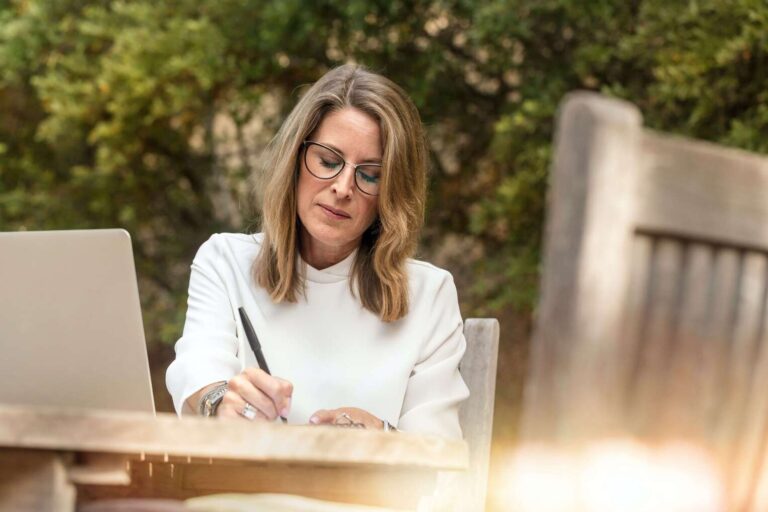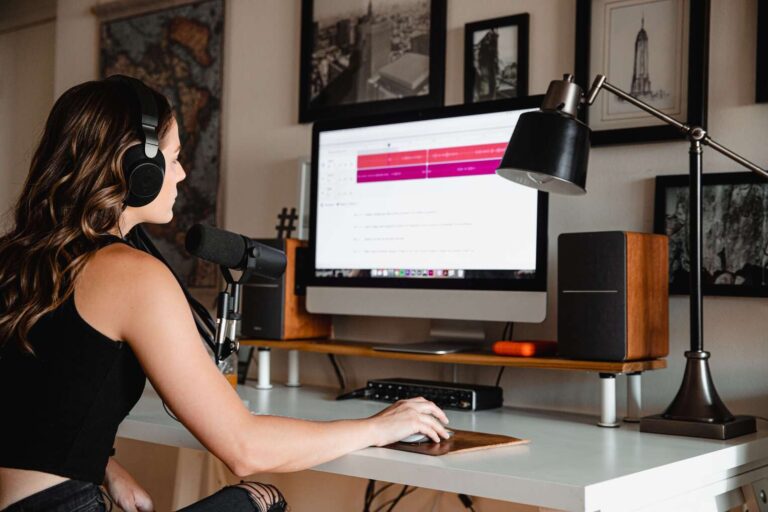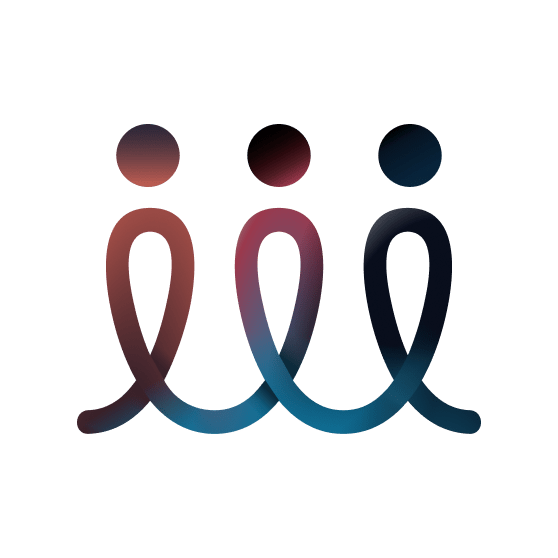Hybrid Events Are Here: How 4 Traditional Job Roles Have Evolved
We know it took most of 2020 to warm up to virtual events. But as the landscape continues to evolve, hybrid events will soon take dominance in 2021. Learning to become native in event technology and operating online meeting platforms has been imperative for success in virtual events. But with the shift to hybrid, you can also include some of your favorite (or not so favorite) things about in-person events. Now is the time to merge the old and new world together.
For this marriage to be a successful one, we need the right talent and technologies. Collaborative partnerships that create win-win situations for both parties are becomingly increasingly important. Partnerships help find and recruit adept talent for multi-channel market growth, and they harness creativity and innovative thinking for new avenues of inspiration.
For this reason, we are excited to announce our partnership with Soundings Connect, a platform that specializes in connecting freelance talent with organizations. Through this alliance, we are able to give freelancers an opportunity to learn new skills and stay relevant in an ever-changing marketplace. This especially helps out-of-work meeting professionals re-skill for the future and ensure that customers have access to top talent at their fingertips when they need more support. Together we are launching Soundings Thrive’s first Platform Playground mock event in 2021 hosted on Cadence!
Navigating hybrid events can be tricky, especially without the right people managing behind the scenes. The roles that were once pivotal for a successful event are now shifting in importance and function. It seems that every role has to wear more hats now than ever before! With the help from our friends at Soundings Connect, we listed 4 roles that remain essential in planning an event and how they have evolved with the current market.

1. The Birth of a Hybrid Event Planner 📋
Project management and team leaders typically ensure that everything is moving smoothly. This can include overseeing complicated logistics, accounting for event deliverables, and maintaining clear communication. With the absence of in-person venues in 2020, event technology platforms have taken the lead. With hybrid events, an event planner must run an extremely tight ship, paying attention to the programming of two venues instead of one. Organization will be a key skill in executing the list of responsibilities, as well as running the virtual side of the event on a platform that is easy to use for both the guest and the planner.
2. Onsite Event Technicians turned Virtual Event Technology Specialists and Webcast Producers 🖥️
Technicians tend to be the God-saving heroes of events, because nothing is worse then when a mic decides to conk out in the middle of a keynote. Problem solving and proper technical support throughout the duration of the planning and executing process during a live event is key. These are the people that work in conjunction with the virtual event planner to ensure all of the technical in-person and virtual needs are being met. You’ll also have these people to thank when a frazzled attendee can’t figure out how to unmute their mic or get back from a breakout session.
With a hybrid event, you’ll also need a good team of videographers and sound system managers that will guarantee a stable video stream from the live event to their guests’ computers.

3. Traditional Emcees turned Event Moderators 🎙
With a virtual event, distractions are everywhere, especially when you’re in the comfort of your own home, sitting in front of a computer screen instead of a live speaker. Having an improv specialist as a Virtual Event Moderator is important now more than ever to guarantee that the flow of the event runs smoothly (or to make it look like it is).
For example, one of Soundings Connect’s freelance moderators (who luckily was a former live event entertainer) had to unexpectedly engage the whole group for 15 minutes because of technical difficulties. Thanks to her adaptability and quick wit, the program was able to proceed without a hitch.
4. A Help or Information Desk turned Virtual Event Concierge 🏨
At an event, the probability that an attendee will have a question is basically 110%. That being said, this role in particular is extremely communication heavy. These are the folks that make your virtual event attendees and in-person guests feel comfortable and at ease. Not everyone will have access or will know how to use technology, so they must be ready to help attendees through various channels (via chat, phone, email, etc.). They must have prior knowledge about anything guest facing from ADA information, room locations (both virtual and physical), and now even Covid regulations and compliances. Bless our customer success teams for their unwavering patience and always delivering service with a smile!

The Soundings Thrive Platform Playground Mock Event Series gives the opportunity for freelancers to develop their talent to meet the evolving market demands (such as the roles listed above) in a safe space. From January 11 to February 1, individuals can gain hands-on event experience without the pressure of a real event, and it will be hosted right here on Cadence! Play around with GIFs on the Live Feed, have fun creating attendee profiles on People, run a test presentation on Symphony, and more. Participation in the program is exclusive to Soundings Thrive members, so be sure to register here: https://soundingsconnect.com/soundings-thrive-login.
Never Miss a Moment
Industry insight & Cadence tips right to your inbox.

